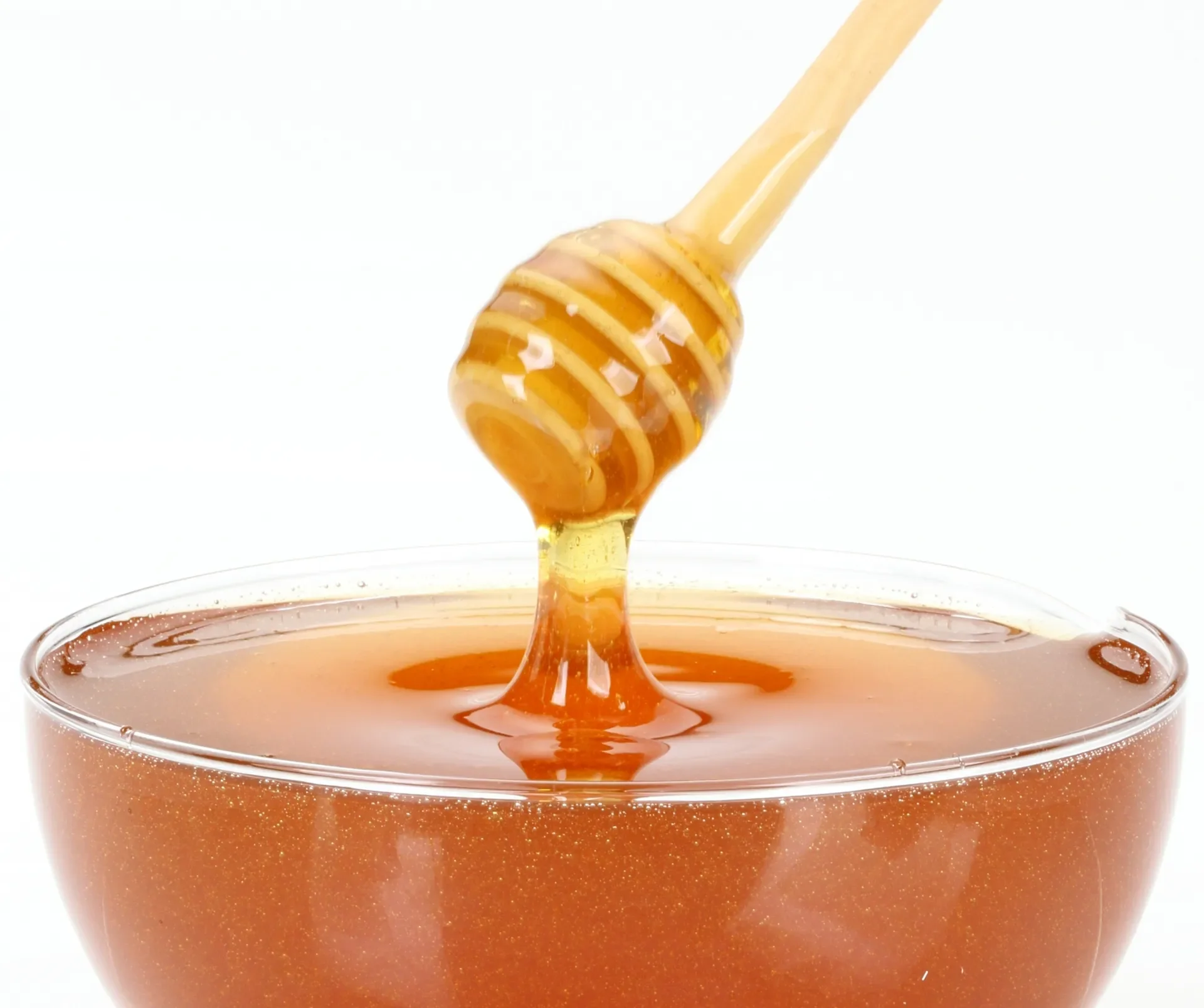2025.03.03 column
A detailed explanation of the effect of honey on blood sugar levels

Honey, which contains a variety of nutrients, is a food that helps you stay healthy and energetic every day. However, some people may be concerned about the effect that honey, which has a strong sweetness, may have on blood sugar levels.
In this article, we will thoroughly explain the relationship between honey and blood sugar levels. We will also introduce the differences between honey and sugar, which is often compared to honey as a sweetener, so please read to the end so that you can enjoy delicious honey without hesitation.
Is it okay for people with diabetes to eat honey?
Consuming too much carbohydrate in one meal can cause blood sugar levels to fluctuate dramatically (blood sugar spikes).
Blood sugar level refers to the concentration of glucose in the blood. It usually peaks about 30 minutes after a meal and then slowly returns to normal over the course of several hours.
However, when glucose levels in the body increase rapidly, the hormone "insulin," which lowers blood sugar levels, is secreted in excess, causing a spike in blood sugar levels. This results in the production of large amounts of active oxygen, which can damage the inner walls of blood vessels and increase the risk of myocardial infarction and stroke. Honey also contains glucose, so consuming too much of it can pose these risks.
The term "blood sugar spike" may make you feel particularly anxious if you have diabetes, but don't worry.
Even people with diabetes can consume honey as long as they are careful not to eat too much.
First of all, unless you have complications or have been specifically instructed by your doctor, there are no foods that people with diabetes should avoid.
Honey and sugar are no exception and can be eaten without any problems as long as you are mindful of your daily intake. So, what is the recommended daily intake? In March 2015, the World Health Organization (WHO) announced that "sugar intake should be 5% or less of total calorie intake." For example, if your daily energy intake is 2,000 kcal, you should limit sugar intake to about 25g.
If you are thinking, "I have diabetes but I want to eat honey," please refer to this standard. Note that 1 tablespoon of honey weighs about 21g.
参照元:WHO(世界保健機関)https://www.who.int/news-room/detail/04-03-2015-who-calls-on-countries-to-reduce-sugars-intake-among-adults-and-children
Comparison of sugar content between honey and sugar
Here, we will look at whether there is a difference in carbohydrate content between honey and sugar.
This time, we will compare not only the most common type of sugar, white sugar, but also several other types of sugar. The sugar content per 100g of each type is as follows:

You can see that honey has a slightly lower sugar content than sugar. When converted into one tablespoon, honey has about 17g of sugar, which is roughly half the amount in a rice ball sold at a convenience store. This may be useful for those who are concerned about the sugar content of food to avoid raising their blood sugar levels too much.
参照元:文部科学省https://fooddb.mext.go.jp/
Benefits of using honey as a sweetener
Finally, here are three advantages of honey that sugar does not have. Use this information to help you decide which sweetener to use in your cooking.
Strong sweetness
Honey provides the same sweetness as sugar with only half the amount of sugar.
By adding honey instead of sugar to your everyday dishes and drinks, you can reduce the carbohydrate content without compromising on sweetness.
Honey has the property of becoming sweeter when chilled, so it goes perfectly with cold drinks and sweets.
When you hear this, you might think, "If it's sweet, doesn't that mean it's high in calories...?" but there's no need to worry.
The calorie content per 100g of sugar is 391kcal, while honey is 329kcal. As mentioned above, you only need to use a small amount at a time, so it is recommended for those who are concerned about calories.
GI値が低い
Another benefit of using honey instead of sugar is its low glycemic index (GI). GI is a value set for each food that indicates how much blood sugar rises after a meal. If the GI of glucose is 100, foods with a GI of 70 or above are considered high GI, foods between 56 and 69 are considered medium GI, and foods with a GI of 55 or below are considered low GI. White sugar, which generally refers to "sugar," is a high GI food with a GI of 110, while honey is classified as a low/medium GI food with a GI of around 30 to 65.
However, we must reiterate that no matter how low the GI value of honey is, if you consume too much of it, you will not get the full benefits.
Also, some commercially available honey contains sugar, so if you are concerned about this, it's a good idea to check the ingredients when purchasing.
High water retention
Honey has the effect of trapping moisture around it. Therefore, if you use honey when making sweets, you can make the dough moist. Even outside of sweets, if you use honey instead of sugar in everyday cooking, it will not only give the dish a glossy finish, but also a rich, deep flavor.
If you regularly bake sweets or cook, why not try using honey to take the taste to the next level?
Honey contains glucose, so if you eat a lot of it, it will raise your blood sugar level, but if you eat it in moderation, it won't cause any problems.

This time, we thoroughly explained the relationship between honey and blood sugar levels.
Although honey is classified as a low glycemic index food, it does contain glucose and can cause a blood sugar spike if consumed in large amounts at once.
However, if you consume about one tablespoon a day, there is no need to worry about it harming your health, and it will actually help you feel full of energy every day. Honey contains many nutrients and has a unique sweetness that sugar does not have, so enjoy it in moderation.
If you are concerned about your blood sugar level and would like to buy delicious honey instead of sugar,SUGI BEE GARDEN 's official online shopPlease feel free to use it.
We have a wide selection of "pure honey" that is carefully selected for its origin.


